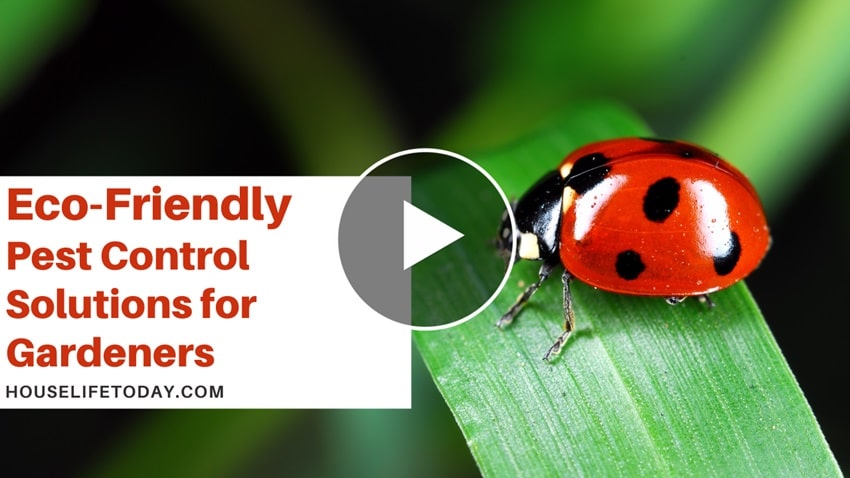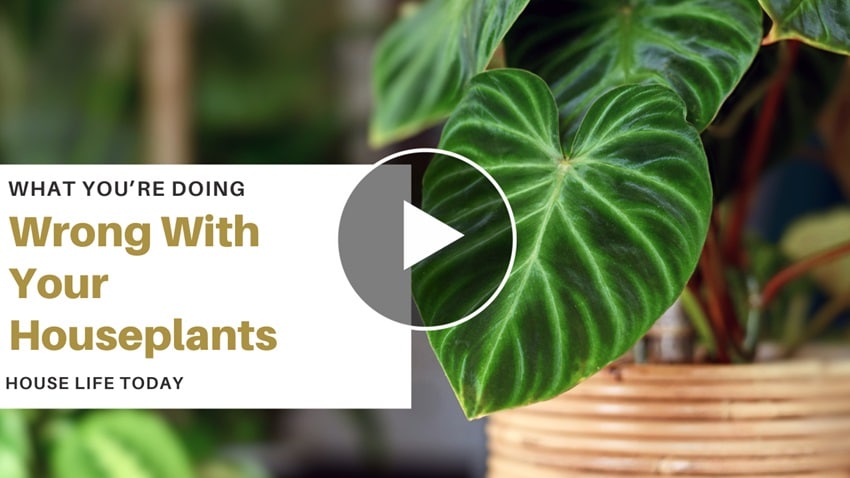Mosquitoes aren’t just annoying pests – they can carry diseases, too, making mosquito control crucial. One of the common solutions for this is mosquito spray. But how safe is it to use these products in your yard? What potential effects can they have on your health and the environment? In this article, you will explore the impacts of mosquito sprays on your health and the environment, discuss the common ingredients, evaluate their efficacy, and provide you with some safe usage guidelines. As with any product, it’s essential to be fully informed about the potential risks and benefits before deciding to use mosquito sprays. So, let’s dive in.
Contents
- 1 Understanding The Impact Of Mosquito Spray On Health And Environment
- 2 How Safe Is Mosquito Spray For Your Yard?
- 3 Common Ingredients In Mosquito Sprays
- 4 Natural Alternatives To Mosquito Sprays
- 5 The Role of Mosquito Sprays In Disease Control
- 6 Evaluating The Efficacy
- 7 Regulatory Control
- 8 How to Use Mosquito Spray Safely In Your Yard
- 9 The Bottom Line
Understanding The Impact Of Mosquito Spray On Health And Environment

When you talk about mosquito sprays, it’s essential to understand that they could potentially impact both health and the environment. On the health front, mosquito sprays often contain chemicals that some individuals might be allergic to. Reactions can range from minor skin irritation to more severe allergic responses. Besides, prolonged exposure to these chemicals might have long-term health implications that you aren’t fully aware of yet.
On the other hand, environmental concerns surrounding mosquito sprays revolve primarily around biodiversity and non-target species. While designed to kill mosquitoes, these sprays can also harm other insects, some of which play crucial roles in your ecosystems, like pollinators. Accumulation of the chemicals in water sources can further affect aquatic life, thus disrupting the balance of the ecosystem.
How Safe Is Mosquito Spray For Your Yard?

The safety of mosquito sprays largely depends on how they’re used. When used as directed, most mosquito sprays pose a relatively low risk to humans. However, caution is necessary, especially around children, pets, and individuals with respiratory conditions. Furthermore, the area should be well-ventilated after application to avoid inhalation of the chemicals.
Moreover, while these sprays are generally designed to be safe for plants, some may have adverse effects on certain plant species. Hence, it’s recommended to test the product on a small patch first or consult with a professional before widespread application.
Common Ingredients In Mosquito Sprays

Knowing what’s in your mosquito spray can help you make more informed decisions. Common ingredients in these products often include DEET, Pyrethroids, and sometimes organic components like essential oils. DEET is a highly effective mosquito repellent but can cause skin irritation in some individuals. Pyrethroids, on the other hand, are synthetic versions of natural insecticides derived from chrysanthemum flowers. They are typically less irritating but can harm non-target species if not used properly.
Organic mosquito sprays often contain essential oils like citronella, lemongrass, and eucalyptus. While these are generally considered safer for humans and the environment, they may not be as effective as their chemical counterparts.
Natural Alternatives To Mosquito Sprays

If you’re apprehensive about chemical sprays, there are natural alternatives available. Plants like marigolds, lemongrass, and citronella are known to repel mosquitoes and can be a great addition to your yard. Moreover, certain biological controls, like introducing mosquito-eating fish or insects into your yard, can also help manage mosquito populations.
Remember, though, while these methods can reduce the number of mosquitoes, they might not be as effective as chemical sprays. Hence, if you live in an area with a high risk of mosquito-borne diseases, a combination of methods may be the most effective.
The Role of Mosquito Sprays In Disease Control

Despite the potential risks, the role of mosquito sprays in disease control can’t be overstated. Mosquitoes are vectors for several diseases like dengue, Zika, and malaria. Mosquito sprays can significantly reduce the population of these disease-carrying pests, thereby lowering the incidence of these diseases.
That said, mosquito control should be a collective effort. Even if you keep your yard mosquito-free, neighboring areas can still serve as breeding grounds. So, community-wide measures and awareness are necessary to effectively combat mosquito-borne diseases.
Evaluating The Efficacy

While it’s established that mosquito sprays can help control mosquito populations, their efficacy can vary based on a multitude of factors. The type of mosquito species, the specific product used, and the application method can all impact the results. Studies show that sprays containing DEET or Pyrethroids tend to be highly effective, but their effectiveness can diminish over time, requiring reapplication.
Conversely, while organic sprays are generally safer, they may need more frequent application as their effect tends to wear off quicker. Hence, determining the most effective solution often depends on the specific circumstances, and it might be beneficial to seek advice from pest control professionals.
Regulatory Control

To ensure the safety and effectiveness of mosquito sprays, they are subject to regulatory controls by health and environmental organizations. In the US, for example, the Environmental Protection Agency (EPA) reviews and regulates these products. They evaluate the ingredients, assess the potential risks to humans and the environment, and dictate labeling requirements to ensure appropriate usage.
Despite these controls, not all products available in the market are EPA-registered. Some mosquito repellents, especially those marketed as “natural” or “organic,” may not undergo the same rigorous testing. As such, it’s essential to do your research and choose products that have been evaluated and approved by recognized authorities.
How to Use Mosquito Spray Safely In Your Yard

If you decide to use mosquito sprays, there are ways to ensure their safe application. First, always follow the instructions on the product label. These guidelines are designed to maximize effectiveness and minimize potential harm. Second, use the product in a well-ventilated area and avoid spraying near food or water sources.
It’s also crucial to keep the product out of reach of children and pets. If you or anyone in your family has respiratory conditions, consider vacating the area during and immediately after application. Finally, dispose of any leftover product and its container responsibly to minimize environmental impact.
The Bottom Line
In conclusion, while mosquito sprays can be an effective tool for controlling mosquito populations, it’s crucial to understand their potential impacts on your health and the environment. Always remember to use such products responsibly, consider safer alternatives where feasible, and engage in collective measures for more effective mosquito control. By making informed decisions, you can ensure both your well-being and that of the environment.



